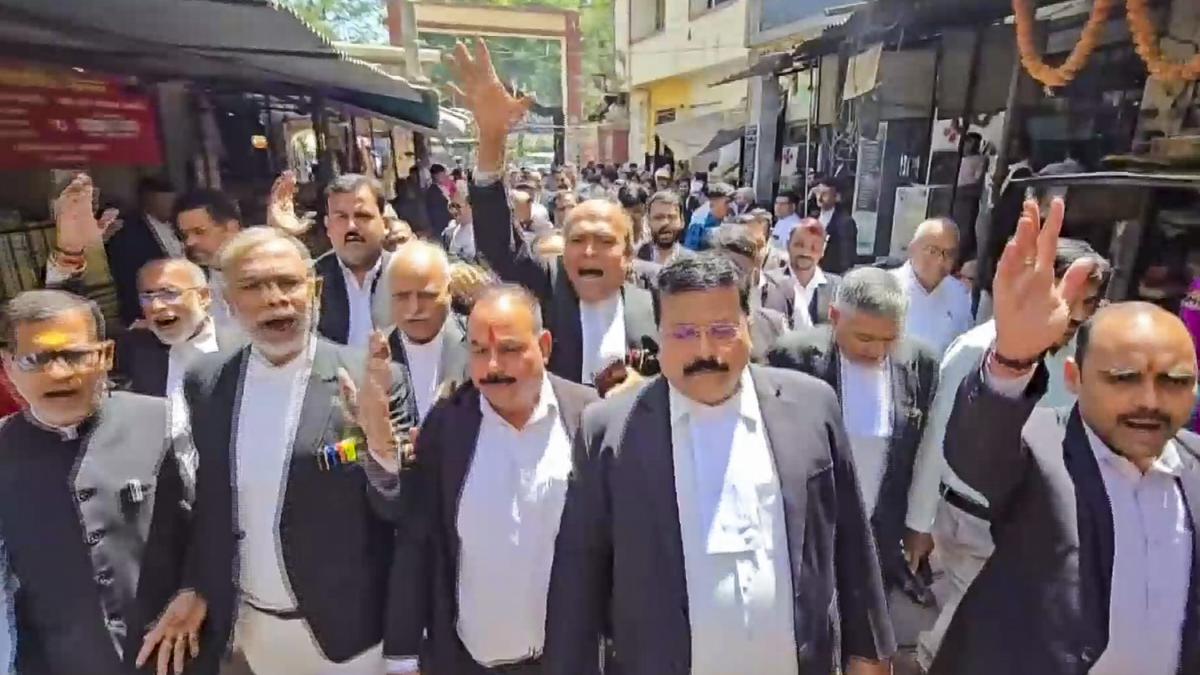Last month, unaccounted cash was reportedly recovered from the official residence of former Delhi High Court judge, Justice Yashwant Varma. In response, Chief Justice of India Sanjiv Khanna initiated an in-house inquiry into the matter. Justice Varma has since been repatriated to his parent High Court in Allahabad and will not be assigned any judicial work until the Supreme Court-mandated inquiry is completed. Are existing mechanisms effective in combating judicial corruption? Sanjay Hegde and Alok Prasanna Kumar discuss the question in a conversation moderated by Aaratrika Bhaumik. Edited excerpts:
Is impeachment an effective mechanism for judicial accountability, given its reliance on political consensus?
Alok Prasanna Kumar: Impeachment upholds judicial independence by insulating judges from political retaliation. To this end, the process is intentionally rigorous, requiring both a detailed parliamentary procedure and proof of ‘misbehaviour or incapacity.’ These high thresholds are meant to deter the executive from using impeachment to remove judges who are seen as inconvenient.
We also tend to assume that judicial independence has always existed, but it is a relatively modern concept. Historically, judges served to deliver the monarch’s justice, not to check state power or protect individual rights. This began to change with the rise of constitutional democracies.
Are legislative reforms required in the Supreme Court’s in-house procedure for addressing judicial misconduct?
Alok Prasanna Kumar: Corruption cases are particularly difficult to prosecute in a country like ours, where enforcement institutions are weak, the capacity to secure convictions is limited, and judges enjoy a degree of institutional protection. A striking example is the recent acquittal of former Punjab and Haryana High Court judge Nirmal Yadav, nearly 15 years after a Supreme Court-mandated inquiry committee found sufficient evidence to prosecute her. That said, I agree with Sanjay that there is certainly scope for strengthening the in-house procedure.
Should inquiry reports under this mechanism be made public?
Sanjay Hegde: I agree that increased transparency in the functioning of inquiry committees is welcome. However, in this particular case, the Court’s decision appears to have been shaped by the extraordinary level of public speculation. By proactively releasing the video purportedly showing the recovery of unaccounted cash, the Court pre-empted any perception that it was shielding a member of the higher judiciary. Had the footage surfaced through other unofficial channels, it could have severely undermined institutional credibility. That said, such decisions must be made with caution and evaluated on a case-by-case basis, ensuring that the accused’s right to a fair trial remains fully protected. The Court could also benefit from appointing dedicated communications personnel to prevent misinformation and bolster public confidence.
The Justice Varma case has renewed calls to revive the National Judicial Appointments Commission. Should the government have a say in judicial appointments?
Alok Prasanna Kumar: We should no longer call it the collegium system; it now resembles a search-and-selection committee. While the High Court and Supreme Court collegium recommend names, the Union government follows a pick-and-choose approach. This has dissuaded many deserving candidates from subjecting themselves to an opaque and often humiliating process. Ultimately, it does not matter whether judges are appointed by the government, the judiciary, or a combination of the two. What matters is transparency. The D.Y. Chandrachud-led collegium made progress on this front by publishing resolutions that detailed the rationale behind each recommendation. Regrettably, the practice has been discontinued.
Should the Judicial Standards and Accountability Bill, 2010, be reconsidered?
Sanjay Hegde: More than legislative reform, we need to focus on the fact that the legal profession already operates through an informal system of peer review. Long before a judge becomes entangled in a corruption scandal, there are usually murmurs within the corridors of the court. A meaningful step forward would be to institutionalise this peer review process by systematically incorporating inputs from bar associations and fellow judges. This would strengthen internal accountability.
Should contempt of court laws be liberalised to permit greater public scrutiny of judicial conduct?
Sanjay Hegde, senior advocate based in Delhi; Alok Prasanna Kumar, co-founder of Vidhi Centre for Legal Policy
Published – April 11, 2025 01:39 am IST
